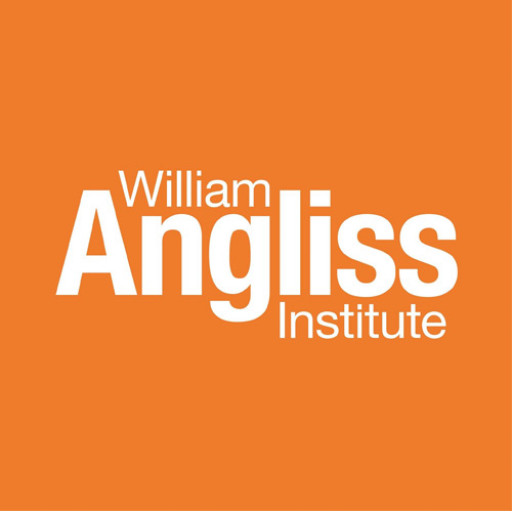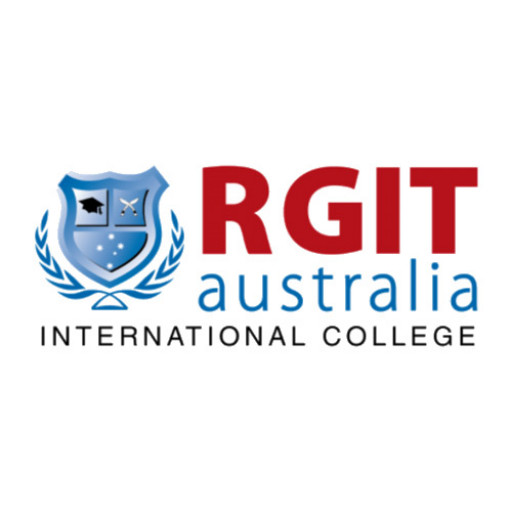Photos of university / #unikassel
The MSc in Sustainable Food Systems (SusFoods) at the University of Kassel is an innovative interdisciplinary master's degree designed to equip students with the knowledge and skills necessary to address the complex challenges of feeding a growing population while ensuring environmental sustainability, social equity, and economic viability. This program integrates concepts from agriculture, food science, ecology, economics, and social sciences to foster a comprehensive understanding of food production, processing, distribution, and consumption within global and local contexts. Students will explore sustainable agriculture practices, innovative food technologies, supply chain management, and policy frameworks that promote sustainable development goals related to food security and environmental stewardship. The curriculum emphasizes practical problem-solving through case studies, project work, and collaborations with industry partners, enabling students to develop solutions for real-world issues such as climate change impacts on agriculture, resource conservation, and equitable food access. The program also highlights the importance of participatory approaches, consumer behavior, and community engagement in shaping sustainable food systems. With a focus on research-based learning, students will have opportunities to participate in cutting-edge research projects, internships, and field trips that deepen their understanding of sustainable food practices across different regions and contexts. The faculty comprises experts from diverse disciplines who mentor students through a variety of teaching formats, including lectures, workshops, and seminars. Graduates of the SusFoods MSc program will be well-prepared for careers in NGOs, government agencies, international organizations, research institutions, and private companies working towards sustainable food production and distribution solutions. The program underscores the importance of innovation, collaboration, and critical thinking in transforming food systems to meet future challenges and contribute to global sustainability goals.
Educational organisation
The course is delivered over four semesters, starting in September/October (depending on the home university). Teaching is organised on a module-credit basis and is delivered over three semesters. The fourth semester is dedicated to the completion of the Master's thesis.Students choose one home university out of three in the first semester. (Kassel/Fulda, Gent, Cluj). Focus topics of the first semester are: Introduction to Sustainability, Entrepreneurship in the food industry, Intercultural Communication, Food Legislation, Introduction to Supply Chain.
In the second semester, students choose their educational institute for a specialisation. Cluj: Economics, Aarhus: Raw Material and Nutrition, Gent: Food Technology, Kassel/Fulda: Sustainable Supply Chain.
During the third semester, all students go to ISASA/Lyon: Intrapreneurship and sustainable development in food industries and food processing, managerial innovation
During the fourth semester, students write their theses at a partner institution of their choice, with the exception of Aarhus.
A module overview and more detailed information on all subjects is available on the website.
Learning methods include lectures, workshops and seminars as well as practical and project work.
Each course module is assessed individually, generally on the quality of written or visual presentation work and on oral presentations. Assessment methods may include reports, seminar papers, formal written examinations, project work, visual and verbal presentations, workshops, simulations, and practical exercises. The majority of the assessments are based on individual assignments, but group work is also assessed.
Study abroad unit(s)
Sustainable Food Systems is offered as a joint degree by a consortium of six universities. All students study at least at two different universities. The university where students are accepted in the first semester is referred to as the home university. University of Kassel and Fulda University of Applied Sciences are to be considered as one home university.For the second semester, students can choose to stay at the home university or study at one of the other partner universities (host universities). It is obligatory for all students enrolled in this programme to spend the third semester at ISARA Lyon. Students can choose between all partners except Aarhus University for their fourth semester.
Internships
There is no compulsory internship. Programme advisers may assist students in finding appropriate internships. There are good opportunities to find internships in every partner country with the assistance of the partner universities.Forms of assessment
Practical collaborative/group projects, written assignments, presentations and written/oralexaminations, reflective diary, and Master's thesis
Course objectives
Upon graduation, the MSc graduates in Sustainable Food Systems will:- have gained a strong basis within the field of sustainable food products, combined with integrated competences and soft skills such as communication, presenting, organising, problem-solving, and management skills
- have achieved a profound understanding of the whole food chain and products in the chain, enabling them to integrate sustainability issues at every step
- be able to think systematically and have the know-how to operate new technologies
- have an increased awareness of sustainability efforts in the various departments of an enterprise
- be able to work in international environments and to manage intercultural teams
Language requirements
English level B2 according to CEFR, or equivalentAcademic requirements
Bachelor's degree in food technology, food science and nutrition, agricultural sciences, food economics and agricultural economics, or food and agricultural engineeringApplicants with alternative study backgrounds with a focus on sustainability, food science, and/or supply chain management will also be eligible if they have earned at least 60 credits of professional scientific and methodological competences.
Further information can be found at http://www.susfoods.eu/admission/application-and-deadlines/" target="_blank">http://www.susfoods.eu/admission/application-and-deadlines/.
Applicants whose first language is not English should be able to demonstrate a satisfactory level of spoken and written English and provide proof of their language skills in English. For further information, please see: http://www.susfoods.eu.
Want to improve your English level for admission?
Prepare for the program requirements with English Online by the British Council.
- ✔️ Flexible study schedule
- ✔️ Experienced teachers
- ✔️ Certificate upon completion
📘 Recommended for students with an IELTS level of 6.0 or below.
Enrolment fees
Mandatory registration fees allow students to use public transport free of charge and the university's refectories and cafeterias at reduced prices. For example, the registration fee for the summer semester of 2016 amounted to approx. 275 EUR.Costs of living
In order to cover personal expenses while studying in Kassel, it is recommended that students budget around 750-900 EUR per month for accommodation, food, health insurance, books, and miscellaneous expenses.Job opportunities
Students can apply for various part-time jobs or work as student assistants on campus. Please have a look at http://www.uni-kassel.de. Some departments also provide positions as tutors or student assistants. However, with little to no basic knowledge of German, your job opportunities will be limited.Arrival support
An orientation week is regularly offered to international students. During information sessions, tours, excursions, events, and leisure-time activities, international students get to know their departments, courses, the campus, and life in Kassel or Witzenhausen and become acquainted with their lecturers and fellow students. Students get the chance to make new friends during the campus rally or at the get-together brunch. Senior student tutors will assist foreign students with any questions or problems they may encounter during their stay.Services and support for international students
Orientation week at the main site in Kassel: owoche@uni-kassel.deSupport service at the campus site in Witzenhausen: tutor-int@uni-kassel.de
Contact for exchange students: sabineernst@uni-kassel.de
Welcome Centre: http://www.uni-kassel.de/go/welcome-centre






